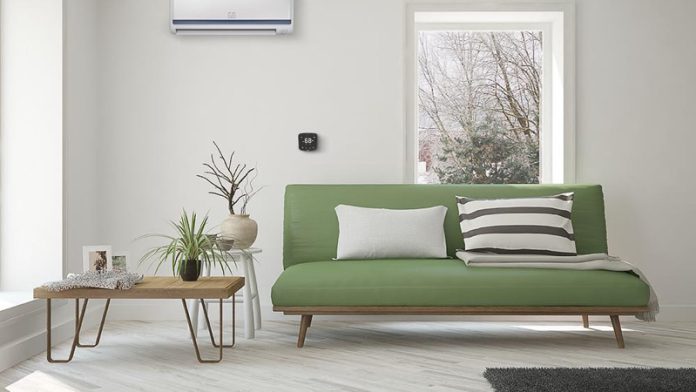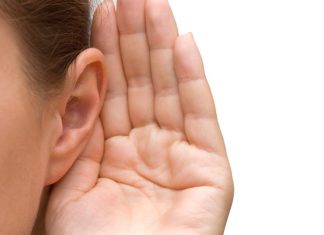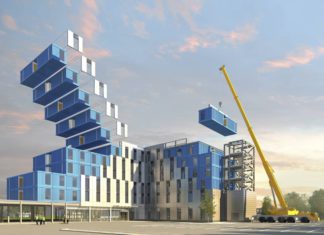In the 21st century, people are devising ways to make their working/ resting space as comfortable as possible. And that involves keeping the environment cools regardless of the unpredictable environmental conditions. And that’s where Air conditioning units come in handy. Air conditioning is the process of removing heat or thermal energy from a physical space to make it more comfortable for the people in that space.
Read below to learn how an AC unit works, its origin, and the future of these systems.
How Do Air Conditioners Work?
The compressor is the system’s engine, drawing in warm air and pressurizing it to raise its temperature. Then, the compressed gas makes its way through a series of tubes called an evaporator coil. As this coil extracts heat from the surrounding air, the fluid inside it changes from liquid to gas, simultaneously absorbing heat and cooling off. The cooled gas then travels through the second set of tubes that decompress and cool it back into liquid form, making it ready to begin again. The result is that your home or office is cooled by air conditioning when two things happen. The air temperature is lowered, and the humidity of the air is lowered via a process called dehumidification.
What’s the Origin of Air Conditioners?
It was invented in 1902 by Willis Carrier to solve a problem at a printing plant in Brooklyn, New York. In 1902, a young engineer named Willis Carrier had a problem to solve. He was employed by a printing plant in Brooklyn, New York, specializing in high gloss paper and magazines. The heat and humidity of the city’s summers were causing the glossy pages of these publications to stick together, ruining expensive batches of magazines. Carrier set out to invent something that could control humidity levels throughout his employers’ publishing houses, and this invention became what we now know as air conditioning or AC.
You may be wondering why controlling humidity is crucial to us today. It’s mostly used to cool us off. Our bodies cool down when sweat evaporates from our skin. When the air around us is humid or full of moisture, it takes longer for our sweat particles to evaporate into the air. That’s because many water particles are present in the air, making it harder for them to move from our skin into the space around us.
It’s a powerful technology that has saved millions of lives around the world
With the recent boom in remote working, a lot of people around the world live comfortably indoors thanks to AC. And its impact goes far beyond comfort. The use of air conditioning has made it possible for many people to survive a number of different medical procedures and hospital stays that would otherwise have been too dangerous.
The truth is, the future for A/C units is bright, especially because humans continue finding ways to adapt and improve their environment using technology. The future will certainly include advanced AC units.
Indoor air conditioning units aren’t going anywhere
While we will likely see changes in the air conditioner industry with the advent of new technologies, we will not wave goodbye completely to the indoor air conditioner anytime soon. People rely on their home and office AC units to keep them comfortable in environments that would otherwise be hot and stuffy.
A similar reliance exists when it comes to transportation. Cars, trains, and other forms of mass transit are used by billions of people worldwide every day, so it’s reasonable to assume that many of these vehicles will have AC units installed in them for the foreseeable future.
It is also integral to many industrial processes like pharmaceutical manufacturing.
Besides, AC systems are at home in computer servers as well as other power systems, including transmission lines for electric power grids and battery storage systems for renewable energy sources like wind turbines or solar panels.
Artificial intelligence will make air conditioning even better
In the future, artificial intelligence could create an easier experience for homeowners to optimize their cooling systems. For example, if you’re a parent who works full-time and doesn’t get home until 6 PM, your AI assistant can program your AC unit to begin cooling the house around 4 PM, when you usually leave work. Your AC will also know that it should be cooler at 5:45 PM on a specific day because your child probably has dance practice and normally arrives home sweaty.
On hot days in the summer or cold days in the winter, your AC could monitor the weather forecast and adjust accordingly. It might also know that this week is spring break and reduce energy usage or turn off entirely during hours when no one is likely to be home.
With AI technology embedded directly into our homes, we can control our living environment.
Right now, the experts are working on systems that can save even more energy by making more precise decisions about when AC should be used
The application of artificial intelligence and machine learning approaches to construct controls for buildings and HVAC systems is a particularly fascinating area of development, Pope says. We’re currently developing systems that can learn from prior performance and make smarter decisions about whether to run the air conditioner or switch off the lights. This technology will make our air conditioning even smarter and more efficient, and it will most likely happen in the background for you.
We’re just getting started with smart home technology
Innovative home technology has been on an upward trajectory for years, and it will continue to advance as we start to see the benefits of tech integration. We’re only just starting to understand the potential of the internet of things, which allows us to connect devices in our homes and control them remotely. This kind of infrastructure enables us to make continuous improvements that will make a huge difference in our day-to-day lives.
Based on what is happening on the ground, within a few years, building intelligent home technology will be commonplace worldwide. In fact, we’ll see some pretty big advancements in the near future as companies continue building better products. With recent product launches like Amazon’s Alexa and Google Home, it looks like smarter homes are headed towards becoming the new normal.














